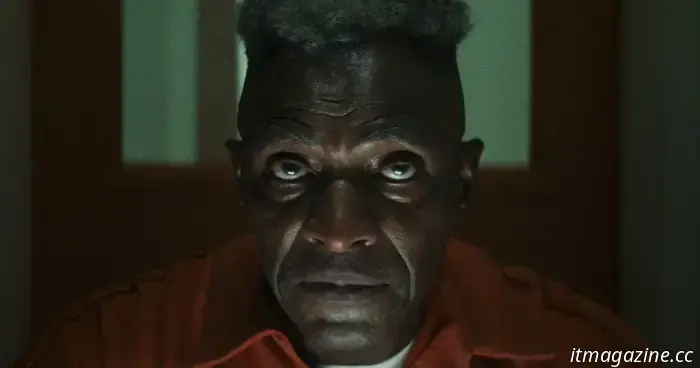
Carl Lumbly discusses Captain America: Brave New World and his experiences working with both Marvel and DC.
Carl Lumbly has been in the acting industry for more than 40 years. He has played leading roles in popular series such as Cagney & Lacey and Alias, but he is likely most recognized for his extensive work in both the Marvel and DC universes. On the DC side, he portrayed Martian Manhunter in Justice League and Justice League Unlimited, later taking on the character of M’yrnn J’onzz in Supergirl. For Marvel, he voiced characters in the Black Panther animated series and portrayed Isaiah Bradley in The Falcon and the Winter Soldier and Captain America: Brave New World. With the recent digital release of Brave New World and its impending streaming debut on Disney+, Digital Trends had the opportunity to speak with the talented star about his long career in comic book adaptations. This interview has been condensed for brevity and clarity.
Digital Trends: Your latest film, Captain America: Brave New World, certainly carries themes relevant to our current society. Did that excite you when you read the script?
Carl Lumbly: Absolutely. I believe audiences are sometimes underestimated; they can engage with complex ideas. Just because something is entertaining doesn’t mean it can’t also provoke thought. I view movie-watching as an active experience rather than a passive one. Audiences participate in what they watch. I attribute this to Marvel and the comic world at large, as they manage to captivate your attention while subtly conveying deeper messages.
Regarding the comic universe, your career is filled with adaptations from both Marvel and DC. Do you sense different vibes or energies between the two? Do you approach roles in Marvel and DC differently?
Not particularly. Both universes explore fantasy and possibilities without constraints, covering everything from alternate dimensions to various life forms and intersecting worlds. I think DC and Marvel excel at exploring what’s possible; since many comic stories are set in fictional realms, they can experiment with ideas. This flexibility allows them to comment meaningfully on our real world. Their universes offer boundless freedom.
Is that what continually draws you back to comic book narratives? With your extensive acting experience, you could pursue various roles, so there must be something personally compelling about superhero stories.
[Laughs] Honestly, I tend to go wherever I’m invited. If there’s an opportunity, I take it. When I initially portrayed Martian Manhunter, I aimed to ground the character in reality. I thought of him as an immigrant, reflecting my own family’s background. I understand the sacrifices my parents made when they emigrated and what they had to build here. I considered how the character arrived on Earth from Mars, faced a language barrier, and had to learn different cultures and systems to integrate into the community. That motivation was central to my portrayal.
I could say similar things about Isaiah. He starts as a young man with opportunities ahead of him, making choices he believes will benefit others. However, he faces betrayal and endures significant hardships yet survives.
What I love about comic narratives is their endless possibilities and how those prospects can teach us about our actual world. These stories expand our horizons. While many comic elements may not be feasible, they prompt us to consider: If they were real, what would they be like?
Speaking of Isaiah, I felt he carried an emotional weight in Brave New World, as he represents an innocent man wrongfully accused and mistreated. How do you prepare for such an emotional role?
Honestly, I focus on the text. When I initially auditioned for the part, I was unaware of Isaiah; the name wasn’t even in the script. All I had was the story. I viewed the character as an observer. It resonated with me because he wasn’t proclaiming the horrors of his situation—he simply acknowledged what happened and how it shaped him. In that acceptance, I found a nobility typical of many disadvantaged individuals in real life.
When someone feels continuously let down, lacking resources, or isolated, something must keep them humane. I perceived that essence in the script. I followed a character who refuses to let circumstances strip him of his humanity.
It’s interesting you mention that; I felt similarly. By the time we reach Brave New World, Isaiah is... I hesitate to say “jaded,” as it's not quite right. It feels too trivial. But there is a sense of solemnity and understanding regarding human cruelty and unfairness.
Yes, I think Isaiah has somewhat resigned himself to his current path. Buddhists discuss being on a path of suffering, and how one confronts it can determine its impact on one’s life. There’s a moment in the film where he realizes he hasn’t engaged with an action he initiated. He feels shocked and disappointed, but there’s also an acceptance of his situation. I found that fascinating because it positions him to progress and see what lies ahead. That’s where the story becomes intriguing for me.
Captain America: Brave New World is currently available digitally.


Other articles
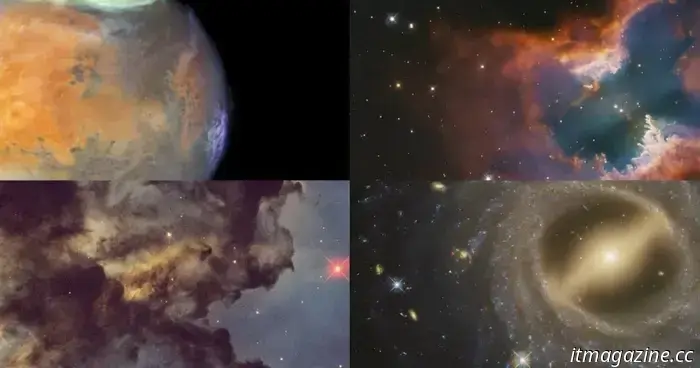 Hubble marks its 35th anniversary with four stunning new images.
Hubble is celebrating its 35th anniversary, and a collection of stunning new images captured by the telescope has been unveiled.
Hubble marks its 35th anniversary with four stunning new images.
Hubble is celebrating its 35th anniversary, and a collection of stunning new images captured by the telescope has been unveiled.
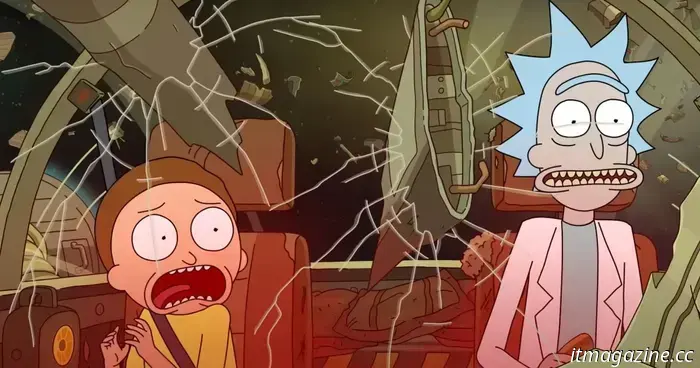 Season 8 of Rick and Morty unveils an exciting new trailer.
Prepare for additional sci-fi comedy as Rick and Morty make their comeback in a new trailer for season 8.
Season 8 of Rick and Morty unveils an exciting new trailer.
Prepare for additional sci-fi comedy as Rick and Morty make their comeback in a new trailer for season 8.
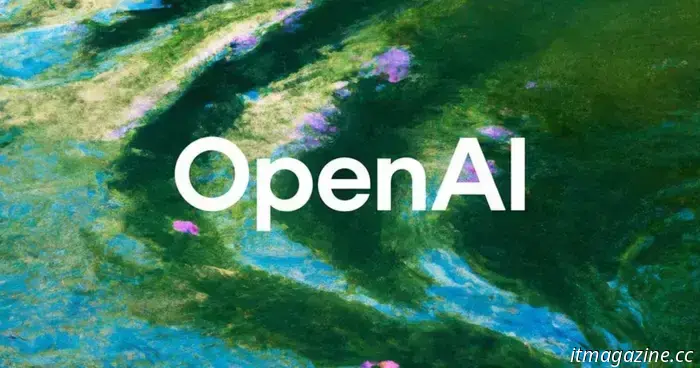 Google may need to divest Chrome, and OpenAI is interested in acquiring it.
It's still unclear if Google will actually have to sell its Chrome business, but OpenAI is already making a move to place a bid.
Google may need to divest Chrome, and OpenAI is interested in acquiring it.
It's still unclear if Google will actually have to sell its Chrome business, but OpenAI is already making a move to place a bid.
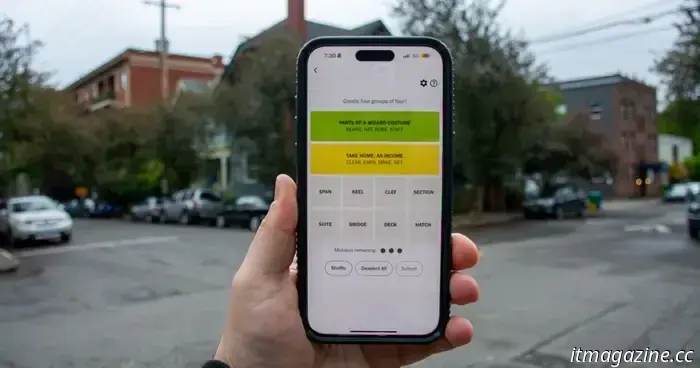 NYT Connections: clues and solutions for Wednesday, April 23.
Connections is the latest puzzle game from the New York Times, and it can be pretty challenging. If you require assistance in solving today's puzzle, we're here to support you.
NYT Connections: clues and solutions for Wednesday, April 23.
Connections is the latest puzzle game from the New York Times, and it can be pretty challenging. If you require assistance in solving today's puzzle, we're here to support you.
 NYT Mini Crossword today: solutions for Wednesday, April 23.
The NYT Mini crossword may be significantly smaller than a standard crossword, but it's still quite challenging. If you're having trouble with today's puzzle, we have the solutions for you.
NYT Mini Crossword today: solutions for Wednesday, April 23.
The NYT Mini crossword may be significantly smaller than a standard crossword, but it's still quite challenging. If you're having trouble with today's puzzle, we have the solutions for you.
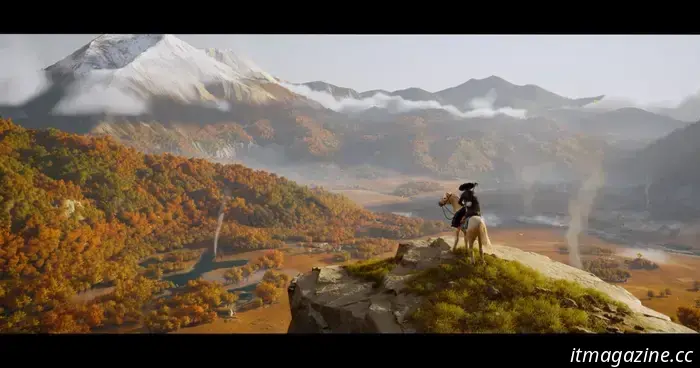 The launch date for Ghost of Yotei has been revealed in a new trailer, and it's closer than you might expect.
Ghost of Yotei will be released this fall, with preorders beginning next month.
The launch date for Ghost of Yotei has been revealed in a new trailer, and it's closer than you might expect.
Ghost of Yotei will be released this fall, with preorders beginning next month.
Carl Lumbly discusses Captain America: Brave New World and his experiences working with both Marvel and DC.
In an interview with Digital Trends, Carl Lumbly discusses Captain America: Brave New World and reflects on his extensive career in projects from both Marvel and DC.
